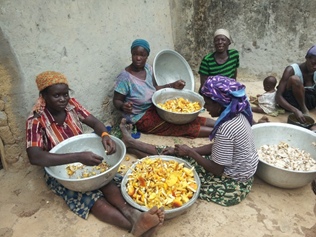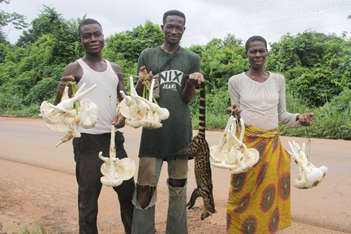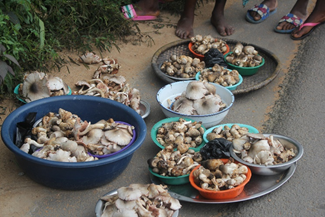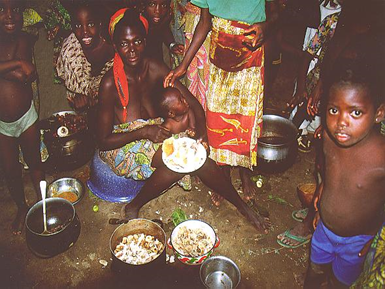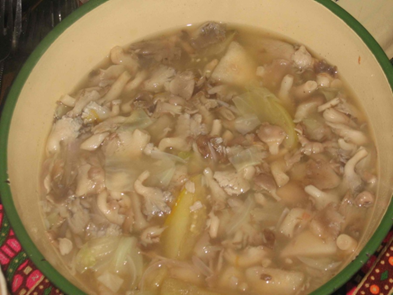Our services for society
Training in Mushroom cultivation and establishment of mushroom farms
Mushrooms cultivation is expanding in sub-Saharan Africa. This activity that is indexed as a benchmark model for sustainable development is suitable for everyone (small farmers, unemployed girls and women, students etc.). Our offer facilities and training possibilities for anyone intending to establish a mushroom production farm. Our service include (1) train professional farmers on mushrooms growing techniques, (2) offer technical monitoring and support / advice to producers trained for their best organization in an efficient and sustainable sector at national level, (3) support the farmers through a permanent supply of fungal seeds. Also, ready-to-grow mushroom kits are available for households, restaurants, local hotels.
Manufacturing of biofertilizers
In a context of constant decline in soil fertility, the use of natural phosphates is gaining an important interest in West Africa. Large-scale phosphating operations were carried out in rural areas to reconstruct phosphorus reserves in agricultural and forest soils. This form of phosphate is, however, not very available in soils with weakly acidic, even neutral pH, very widespread in West Africa. The use of mycorrhizal and saprotrophic fungi to mobilize biological organic is getting large interest. For more than three years we are focusing on soil micro-biome studies, mycorrhizal symbiosis and the recovery of residues from mushroom productions to offer long-term biofertilizers for agricultural and forestry applications. In addition, in order to promote agroecology and sustainable forestry, we offer the following services: (1) training of environmental agents, professional nurserymen and individuals on the techniques of manufacturing inocula or biofertilizer from fungal propagules, (2) formulation and marketing of various bio-fertilizer based on fungi, (3) supply of bio-fertilizers to small farmers.
Identification of wild edible fungi and promotion of added value chains
The West African woodlands are home of an important number of edible fungi. Benin is home to about 50 wild edible species. Our previous work has reported annual natural production of around 300 kg/ha. For instance, a forest such as one of Wari-Maro, we can imagine that more than 31 tons of fresh edible biomass are produced annually, of which at most 2% are exploited by local populations. We support any local initiative aiming at optimizing the utility of wild useful fungi within rural context. Our services in this sense include (1) training of NGO staffs, individuals, women and young people on good techniques of wild mushroom harvesting and marketing, (2) technical advice and assistance for implementing a Added-Value-Chain of wild edible fungi, (3) manufacturing and trading of various mushrooms-based products (tea, spices, food supplements).

